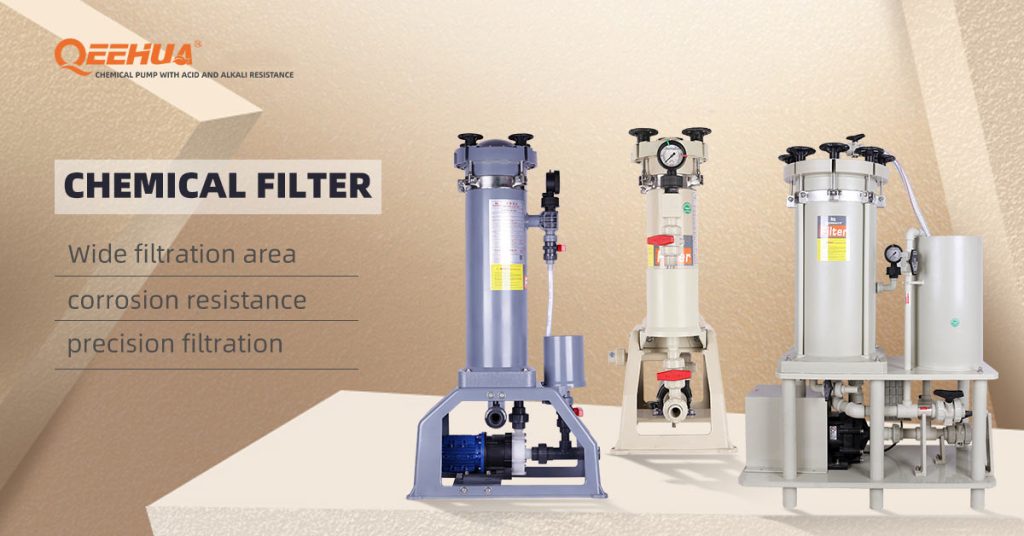
# Electroplating Filter: Enhancing Efficiency and Purity in Metal Deposition Processes
Electroplating is a critical process in various industries, from automotive to electronics, where metal deposition is essential for enhancing the durability, conductivity, and aesthetic appeal of components. However, achieving high-quality electroplating results requires more than just the right chemicals and equipment. One often-overlooked yet vital component in this process is the electroplating filter.
## The Role of Electroplating Filters
Electroplating filters play a crucial role in maintaining the purity and efficiency of the plating solution. During the electroplating process, contaminants such as dust, dirt, and metal particles can accumulate in the solution. These impurities can lead to defects in the plated surface, such as pits, roughness, or uneven coating. By effectively removing these contaminants, electroplating filters ensure a smoother, more uniform metal deposition.
### Types of Electroplating Filters
There are several types of electroplating filters available, each designed to address specific needs and challenges in the plating process:
– **Bag Filters**: These are commonly used for coarse filtration and are effective in removing larger particles from the plating solution.
– **Cartridge Filters**: These filters offer finer filtration and are ideal for removing smaller particles that can affect the quality of the plating.
– **Depth Filters**: These filters are designed to trap particles throughout the entire depth of the filter media, providing a high level of filtration efficiency.
## Benefits of Using Electroplating Filters
Incorporating electroplating filters into your metal deposition process offers several significant benefits:
– **Improved Plating Quality**: By removing contaminants, filters help achieve a smoother, more uniform coating, reducing the likelihood of defects.
– **Extended Bath Life**: Cleaner plating solutions last longer, reducing the frequency of bath changes and saving on chemical costs.
– **Enhanced Efficiency**: Filters help maintain optimal conditions in the plating bath, leading to more consistent and efficient plating processes.
– **Cost Savings**: By reducing defects and extending bath life, filters can lead to significant cost savings over time.
### Choosing the Right Filter for Your Needs
Selecting the appropriate electroplating filter depends on several factors, including the type of contaminants present, the volume of the plating solution, and the desired level of filtration. It’s essential to consult with a filtration expert to determine the best filter for your specific application.
## Maintenance and Care of Electroplating Filters
To ensure the longevity and effectiveness of your electroplating filters, regular maintenance is crucial. This includes:
– **Regular Inspection**: Check filters periodically for signs of wear or clogging.
– **Timely Replacement**: Replace filters as needed to maintain optimal filtration performance.
– **Proper Cleaning**: Follow manufacturer guidelines for cleaning and maintaining filters to prevent damage.
By investing in high-quality electroplating filters and adhering to a proper maintenance routine, you can significantly enhance the efficiency and purity of your metal deposition processes, leading to superior results and cost savings.
In conclusion, electroplating filters are an indispensable component in the electroplating process, ensuring the purity of the plating solution and the quality of the final product. Whether you’re in the automotive, electronics, or any other industry that relies on metal deposition, incorporating the right filters into your process can make a world of difference.
Keyword: electroplating filter
